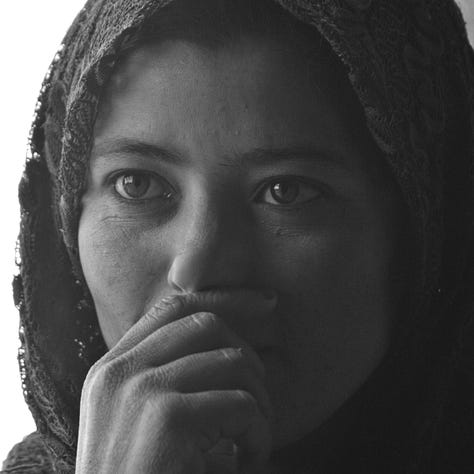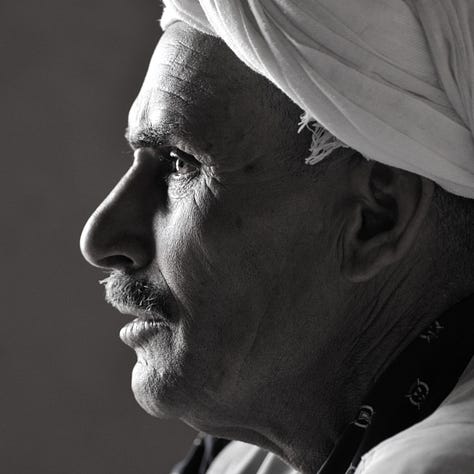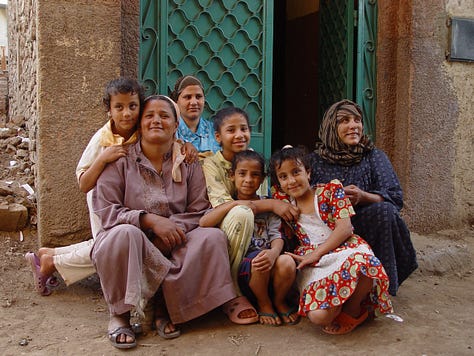FAQ | Frequently Asked Questions









What is the purpose of Veritas Chronicles?
Bad news is good business for most media outlets. Veritas Chronicles is not a news channel or current affairs reporting service. It has a different mission. Discovering, reporting, and highlighting projects, people, and stories that make a real and positive difference to many is Veritas Chronicles' contribution to celebratory optimism in this challenged world.
Our underlying view is that there is more good than bad in every community and nation, even though challenges abound. There are people and projects that are committed to an upward trajectory rather than a downward spiral. These are our targets.
Veritas Chronicles is interested in hope for humanity. Therefore, the stories, people, and projects that foster that hope and confidence are the subjects of our research and reporting.
Veritas Chronicles is apolitical and non-denominational, with a faith-driven perspective.
The policy and editorial team of Veritas Chronicles have determined to particularly focus on scalable entrepreneurship as a vital social impact cause.
Why Is The Prosperity Paradox Featured So Frequently in Veritas Chronicles Content?
“The Prosperity Paradox: How Innovation Can Lift Nations Out of Poverty,” by Harvard profession Clayton M. Christensen (1952-2020) and co-authors, Efosa Ojomo and Karen Dillon, is what we call, a “principles platform.” In The Prosperity Paradox, the authors “reveal a paradox at the heart of most approaches to solving poverty. While noble, current solutions are not producing consistent results, and in some cases, have exacerbated the problem. At least twenty countries that have received billions of dollars’ worth of aid are poorer now,” they report. Applying rigorous and theory-driven analysis these authors suggest a better way. “The right kind of innovation not only builds companies—but also builds countries. The Prosperity Paradox identifies the limits of common economic development models, which tend to be top-down efforts, and offers a new framework for economic growth based on entrepreneurship and market-creating innovation.”
Apart from “human flourishing” and “publishing good stories of good,” does Veritas Chronicles have any focused reporting priorities?
Yes. One of the most important conversations and technological advances occurring in the world right now, is the accelerated progress of artificial intelligence (or machine learning). Veritas Chronicles has committed itself to be an active observer of the people, the technologies, and the issues, arising from the spread of AI across the world, particularly the effects of the concept of human reasoning also known as AGI (artificial general intelligence). There is no single owner or developer of AI / AGI, so it can’t be tracked simply. However, there are regularly convened worldwide conferences. The voices that occupy the speakers pulpit at such conferences offer a useful barometer. Attending and reporting on such conferences is one of the platforms, one of the ways, in which Veritas Chronicles can keep itself and its readers listeners / viewers abreast of this vital subject.
Can You Contribute? Yes!
There are many global, regional, and national platforms that are designed to create change and “goodness” on a large scale. The Veritas Chronicles story teams are always in search mode for such platforms or projects, and — without regard to political or religious persuasions — highlighting the people who are driving them. We’d like to hear from you, if you think there’s a project or a platform that deserves more attention.
Where does our motivation come from?
Where does the motivation for this site come from? It comes from our personal faith in God. While we are neither political nor denominational, it is our observation that most, if not all, human progress is the result of the faith of people inspired by something greater than themselves. Who or what that faith may rest in can be different for different people.
We respect the faith of those who believe in the God of the Old Testament but not the New Testament. We respect the faith of those whose God is named Allah. Whether the supreme being or a person’s upward journey is that of Buddhism, Hinduism or any other world religion or lesser known being or ideal, we hold that faith is each person’s private and respected choice. Who or what is your faith contained in? We welcome stories about human flourishing regardless. Simultaneous with our faith inclusivity, we are clear about who and what motivates us. Veritas Chronicles is inclusive of all people. Our faith is simple and pointed up. We see people of faith spiralling upward reaching for more divine light and love and extending their hands to any and all who wish to express themselves in the quest to move closer to the ultimate source of this divine light and love. We do not accept the idea, despite the chaos in the world, that the world is descending into darkness. We can choose light and be part of the upwards spiral that we perceive in many places and people across the world.
Whose story should we be reporting? Whose story can you suggest? Anyone who wishes to uplift their fellow sojourners, anyone who would join with us in being seekers of truth — veritas — all who are seekers of increased love and light.
For those who may be interested, and in the light of these goals and our personal faith, we attach below a document called, In God We Trust. It is our simple expression of inclusion and respect describing our faith and confidence in God the Father and Jesus Christ.



